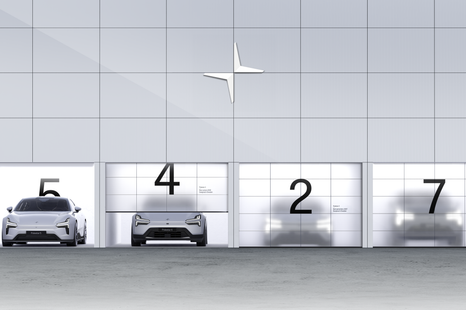

William Stopford
Polestar teases influx of new models including a more practical SUV
8 Hours Ago

Contributor
The BMW Group is ‘moo’-ving away from cow-based leathers and other raw materials with animal origins in its interiors.
BMW and Mini have announced they will offer “completely vegan” interiors for the first time from 2023.
It’s unclear what BMW and Mini vehicles will be the first to feature this new, leather-free interior at this stage.
Mini has previously indicated it’s moving away from animal-based leathers, as well as chrome, with its new design language that was previewed by the Concept Aceman EV.
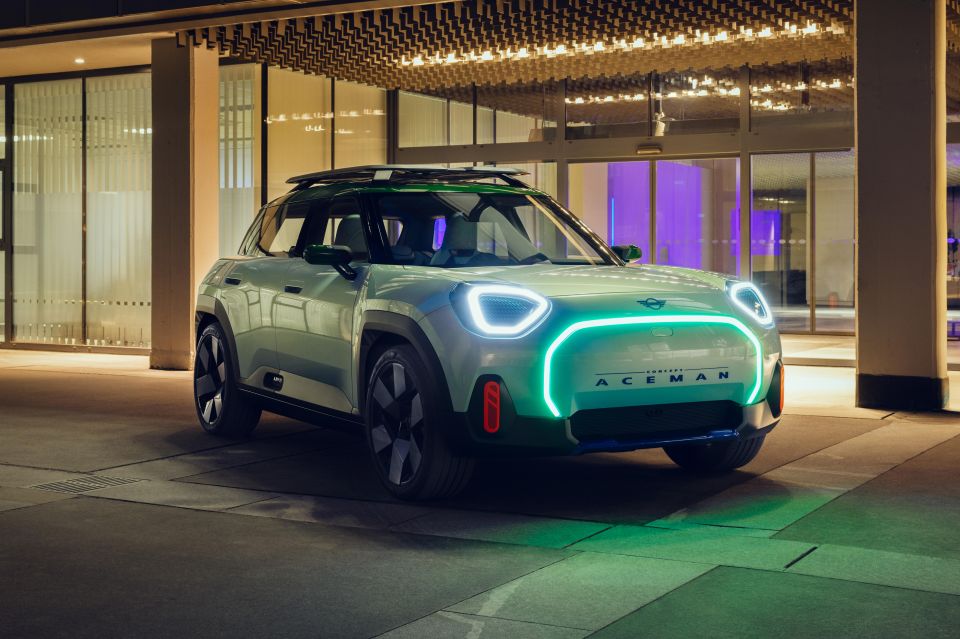
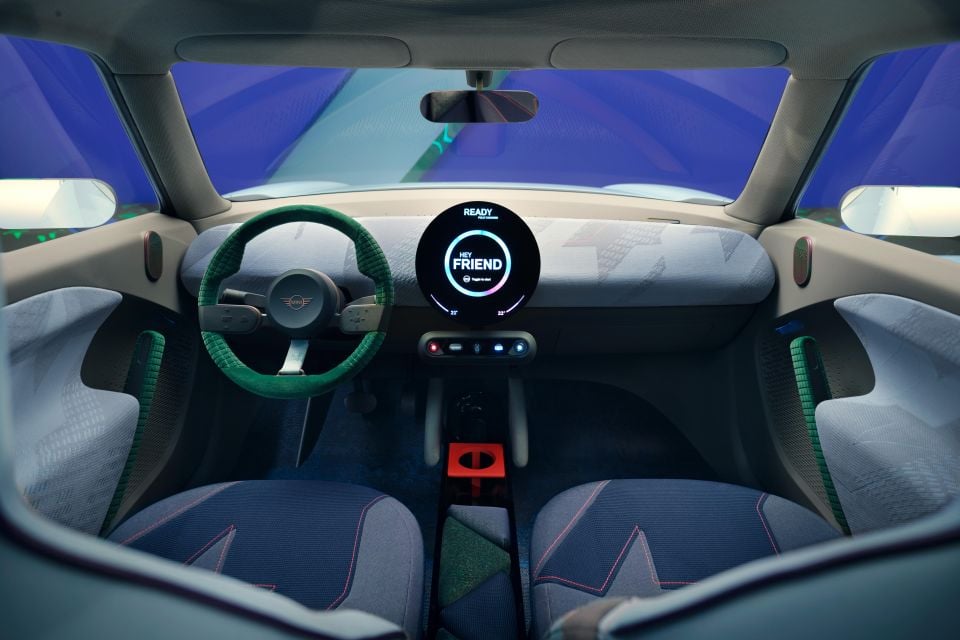
This move to begin offering vegan interiors is all part of the BMW Group’s goal of becoming climate neutral by 2050 at the latest.
The company noted that it’s expecting demand for vegan and leather-free interiors to increase in the near future, especially in the US, China and Europe.
BMW said the hardest part of going leather-free was finding a material for the steering wheel that feels and looks premium, while still being wear-resistant.
“With a steering wheel made from a high-quality vegan surface, we are fulfilling the wishes of our customers who do not want to make any compromises in terms of look, feel and functionality,” said BMW Group head of development body, exterior trim, and interior Uwe Köhler.
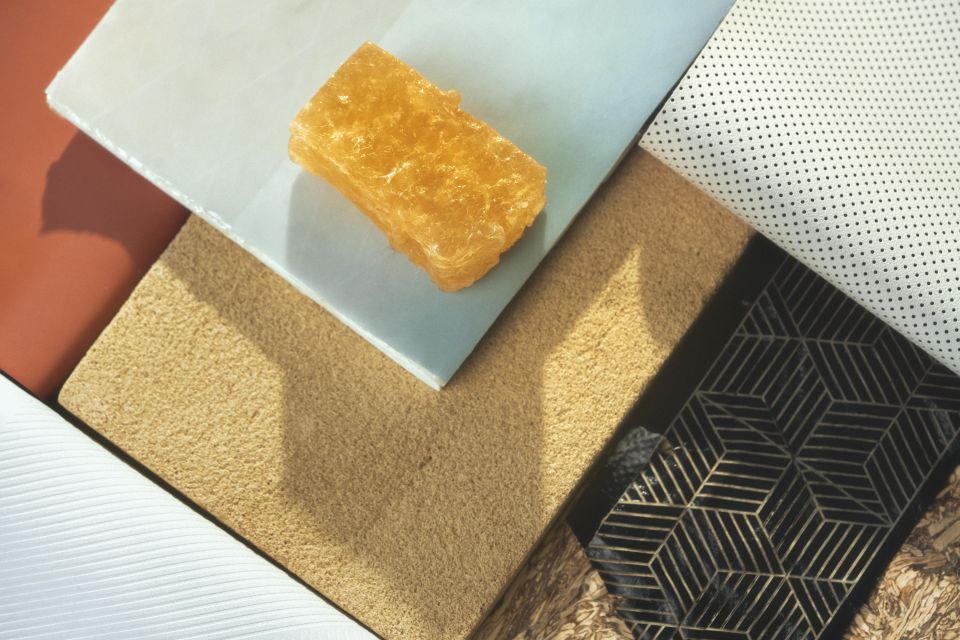
“The innovative material withstands wear and tear caused by abrasion, perspiration and moisture and has all the desirable properties of leather.”
BMW said the only distinguishing feature of the new vegan material will be a grain effect on the steering wheel rim.
With the introduction of this new vegan surface material for the steering wheel, BMW said it reduces CO2 emissions along the value chain by around 85 per cent compared to leather.
It also means the proportion of raw materials of animal origin falls to less than one per cent in BMW and Mini models.
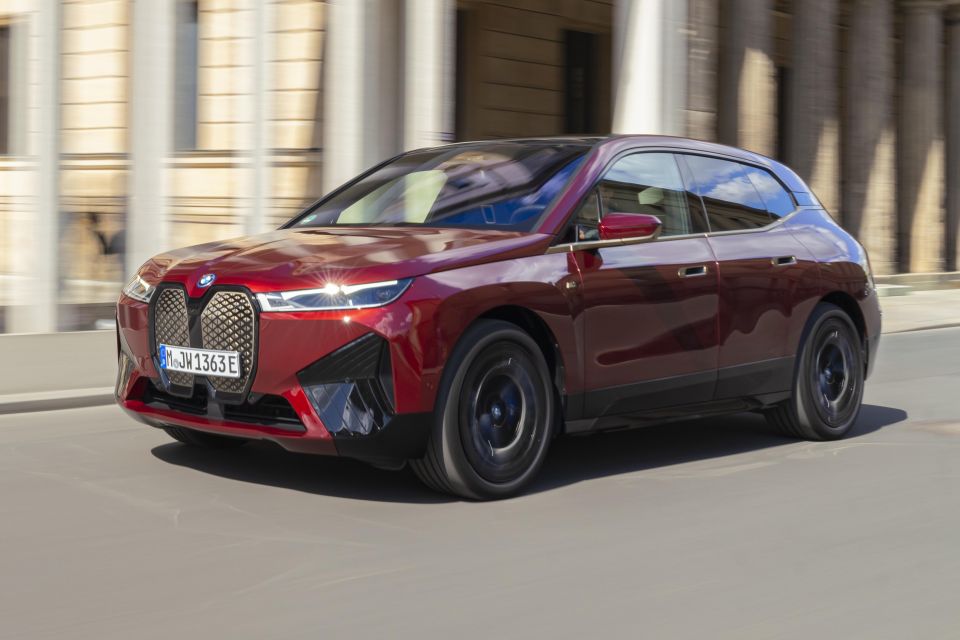
The only places there will be animal-based materials include gelatine in protective coatings, lanolin in paints, tallow as an additive in elastomers, and beeswax as a flux for paints.
In addition to this, the BMW Group is working with unnamed “start-up companies” to develop further bio-based materials.
Mirium, which is claimed to be 100 per cent bio-based and petroleum-free, is claimed to have the potential to mimic all the properties of traditional cow-based leather.
Another new material called Desertex, is made from pulverised cactus fibres with a so-called bio-based polyurethane matrix.
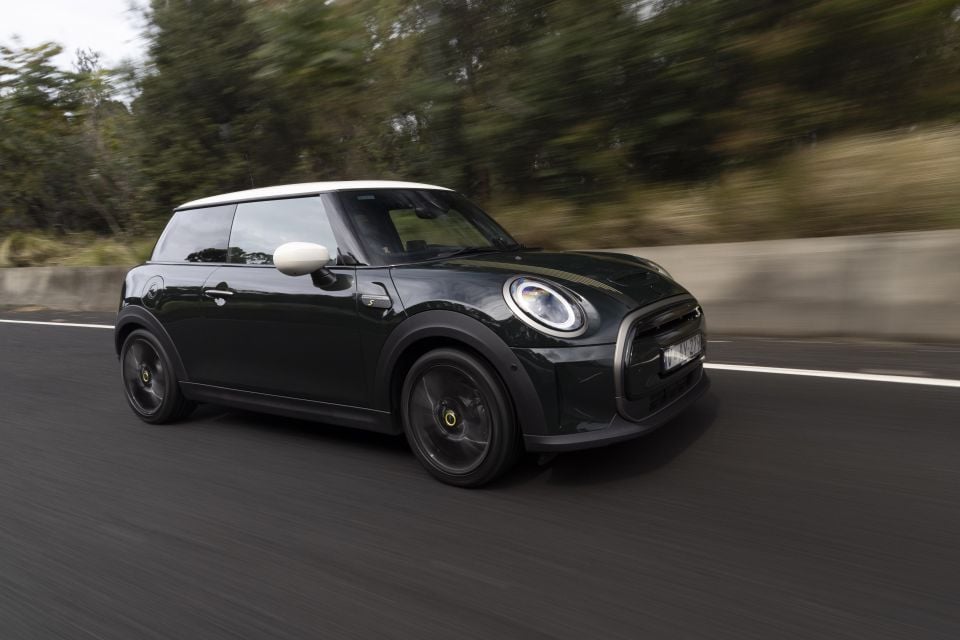
BMW and Mini aren’t the first companies to be moving away from cow-based leather, with Volvo now offering all electric models offered exclusively with non-leather and faux leather interior trim.
The first car to benefit from the transition to animal-free leather was the C40 Recharge ‘coupe’ crossover.
Other automakers such as Mercedes-Benz, Bentley, Jaguar Land Rover, and Polestar, among others have also been heading down the sustainable cabin materials path too.
MORE: Mini Concept Aceman EV concept revealed MORE: Sustainable cabin materials should be a sexy subject
Go deeper on the cars in our Showroom, compare your options, or see what a great deal looks like with help from our New Car Specialists.
Jack Quick is an automotive journalist based in Melbourne. Jack studied journalism and photography at Deakin University in Burwood, and previously represented the university in dance nationally. In his spare time, he loves to pump Charli XCX and play a bit of Grand Theft Auto. He’s also the proud owner of a blue, manual 2020 Suzuki Jimny.


William Stopford
8 Hours Ago
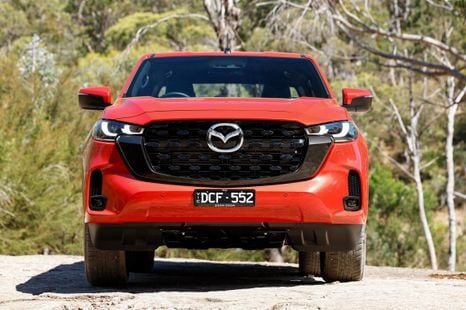

William Stopford
17 Hours Ago


Damion Smy
19 Hours Ago
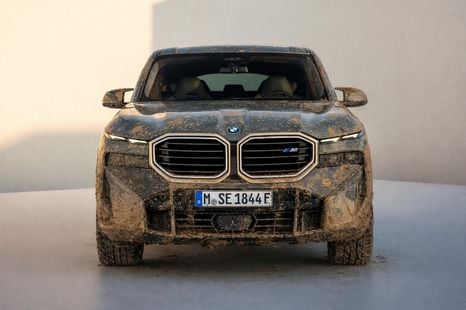

Damion Smy
19 Hours Ago
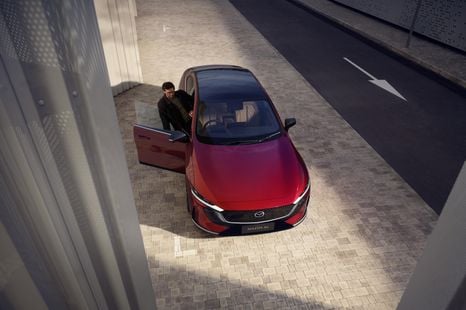

William Stopford
20 Hours Ago
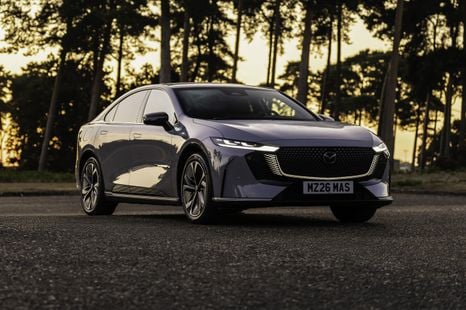

William Stopford
20 Hours Ago
Add CarExpert as a Preferred Source on Google so your search results prioritise writing by actual experts, not AI.